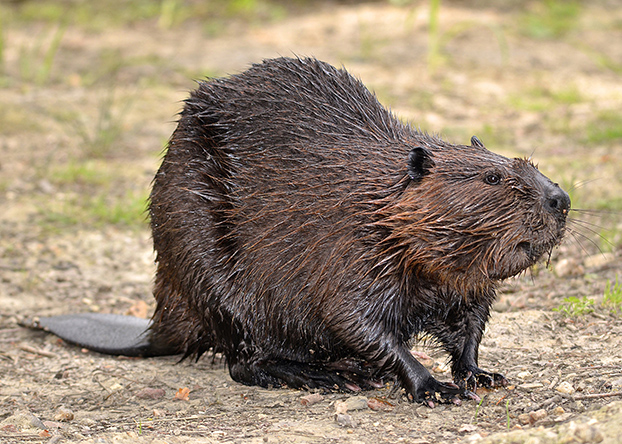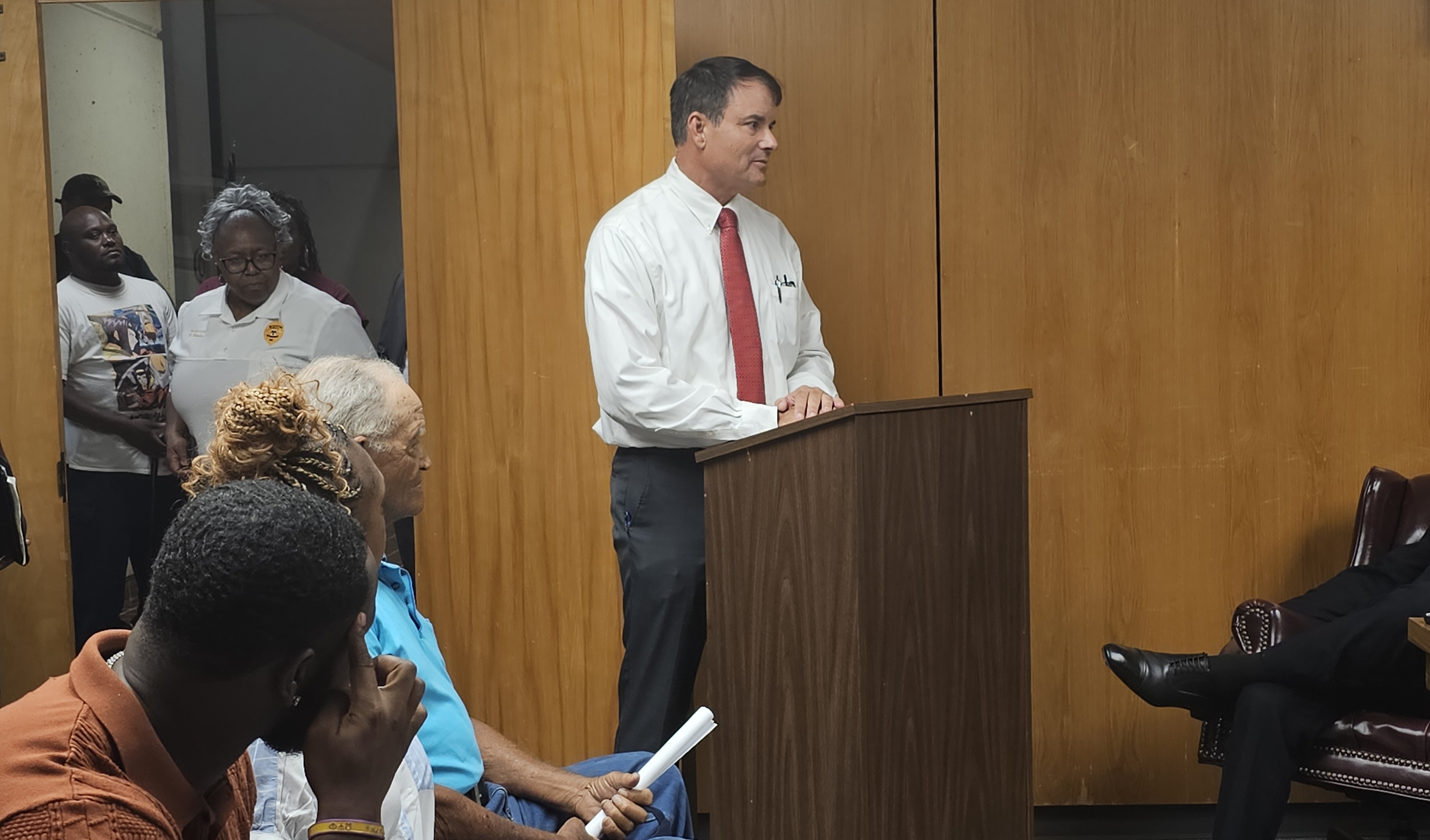Budgeting for beavers, why Lincoln County would care about them
Published 2:00 pm Sunday, December 8, 2024

- BEAVER -- Although they can coexist peacefully, beavers are classified as a nuisance animal and landowners are allowed to remove them from their property. (Photo by Can Stock Photo Inc./Musat) Alt text -- A beaver.
BROOKHAVEN — Lincoln County appropriated $7,500 to go towards the Beaver Control Program this year as they have in previous years with the County’s annual budget. Readers may be curious as to why the county would send money to the United States Department of Agriculture to manage beavers.
Beaver problems
Beavers can be considered a nuisance according to the Mississippi State Extension Service. USDA reports beavers caused $100 million in damages annually to public and private property in the southeast.
Flooding caused by beavers can kill valued hardwood trees and crops. Homes and other buildings could be impacted by flooding if beavers aren’t controlled, MSU Extension states.
MSU Extension reports beavers can also stop water control structures from working properly.
Beavers are controlled by trapping, dam removal and exclusion. Kris Godwin, State Director for USDA APHIS Wildlife Services, said the Beaver Control Program helps landowners, county officials and state officials work to mitigate any conflicts with beavers.
“Counties can choose to enroll in the Beaver Control Assistance Program during the enrollment period set by the advisory board. Individuals and other entities are handled on a case by case basis depending on location and with a signed cooperative service agreement from the landowner or entity willing to pay the cost,” Godwin said. “Counties benefit by having access to a full-time professional employee to provide service when beavers negatively impact a county road. These impacts could include flooding of the road itself, flooding of the roadbed which can weaken it and cause damage by sinking or caving of the road; damage to neighboring timber stands or crops from standing water and removal of beaver dams clogging up culverts.”
Beaver Control Programs produces $40 to $89 in benefits for every $1 spent on the program. From 2005 to 2009, the average annual average operational cost of BCAP was $1.1 million. Godwin stated BCAP is overseen by an advisory board made up of Members from the Mississippi Department of Agriculture and Commerce, Mississippi Department of Wildlife, Fisheries and Parks, Mississippi Department of Transportation, Mississippi Forestry Commission, MSU Extension, Mississippi Farm Bureau, Delta Council, Mississippi Association of Supervisors and members of the Mississippi legislature.
If Lincoln County did not enroll in the Beaver Control Assistance Program, supervisors would have to spend time and money to use equipment clearing beaver dams instead of spending resources on other crucial projects. Godwin said the county would also have to work each individual problem on their own.
“This could range from finding someone who is properly permitted/licensed with the state wildlife agency, carries liability insurance and has the ability or credibility to work with neighboring landowners and is trained to use explosives,” Godwin said. “Another option for counties would be using their equipment to remove beaver dams, however when the beaver isn’t removed the problems will be continuous in chronic areas.”
Not all bad
Beavers play an interesting role in ecological systems. Humans are not the only species of mammals who work to manage habitat to their benefit, beavers do similar management work.
A beaver will cut down trees and build a dam to form a deep pond to serve as their home. The beaver ponds are important to other species because they store groundwater to fuel riverside vegetation which furthermore cools water for native fish according to the United States Fish and Wildlife Service.
Beavers are considered a keystone species and influence biodiversity by creating wetland habitat. Trees killed in flooding caused by beavers become homes for wood ducks, wood peckers and many other birds.





